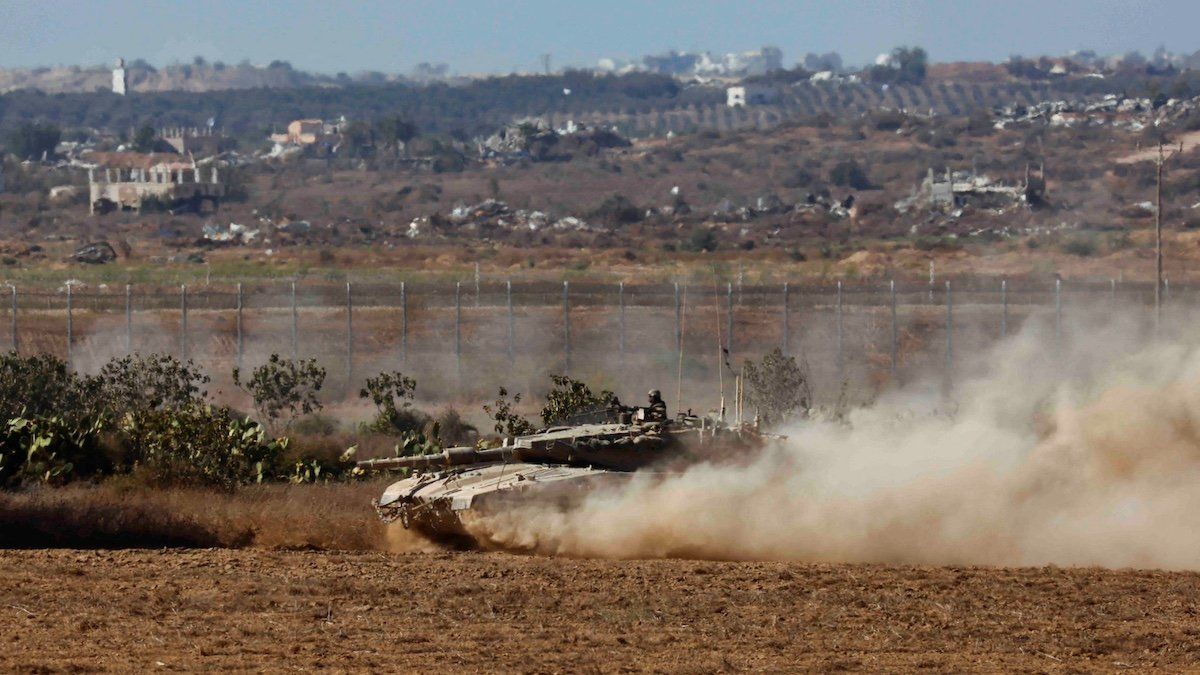Strikes that killed a Hezbollah commander in Beirut and a Hamas leader in Tehran this week threaten to undermine months of US efforts to secure a truce in Gaza and prevent a wider conflict in the Middle East. The strike in Tehran killed Hamas’ political leader and chief negotiator, Ismail Haniyeh, who was considered relatively moderate compared to some of the more hard-line, radical figures in the militant group.
Israel has not explicitly claimed responsibility for killing Haniyeh, but Iran blames the Jewish state, and Prime Minister Benjamin Netanyahu on Wednesday boasted that “crushing blows” were dealt to Israel’s enemies this week.
Iranian officials met with regional allies on Thursday to discuss how to retaliate, and the region is bracing for what comes next. US officials expect Iranian retaliation in the next few days and are reportedly making preparations as they did in April when Iran launched a drone and missile attack against Israel in retaliation for Israel’s strike against the Iranian Consulate in Syria.
US Defense Secretary Lloyd Austin warned that if Israel is attacked, the US will defend it. “You saw us do that in April; you can expect to see us do that again,” he said. But the White House is less certain it can drum up the same level of allied support it did in April when Arab nations like Saudi Arabia, the United Arab Emirates, and Jordan helped defend Israel. Further escalation by Israel against Iran put that support at risk.
Where do the cease-fire talks stand? “These two strikes will put these talks on hold, though not necessarily upend them,” says Randa Slim, a senior fellow and director of conflict resolution at the Middle East Institute.
Aaron David Miller, a senior fellow at the Carnegie Endowment for International Peace and former US diplomat who advised multiple administrations on the Middle East, tweeted that it’s “too early to predict” the impact of the Haniyeh strike on a Gaza deal, but added that “common sense might suggest” his killing reduces the chances of reaching one. The talks are now in a “deep freeze,” Miller tweeted, adding that a regional war is “not inevitable,” but the “odds have gone up.”
Efforts to secure a cease-fire in Gaza already faced serious hurdles before this week’s strikes, including Hamas demanding a guarantee of an end to the war and Netanyahu’s vow that the fighting won’t end until Hamas is destroyed — though even the Israeli military has expressed doubts about whether that objective can be achieved.
Meanwhile, family members of hostages in Gaza are concerned that killing Haniyeh could put their relatives in greater danger. They accused Netanyahu of prioritizing political concerns over a deal.
US Secretary of State Antony Blinken on Thursday urged “all parties to talk, to stop taking any escalatory action,” and pave the way for an agreement and cease-fire. We’ll be watching to see if the US has any success in lowering the temperature in the region.
